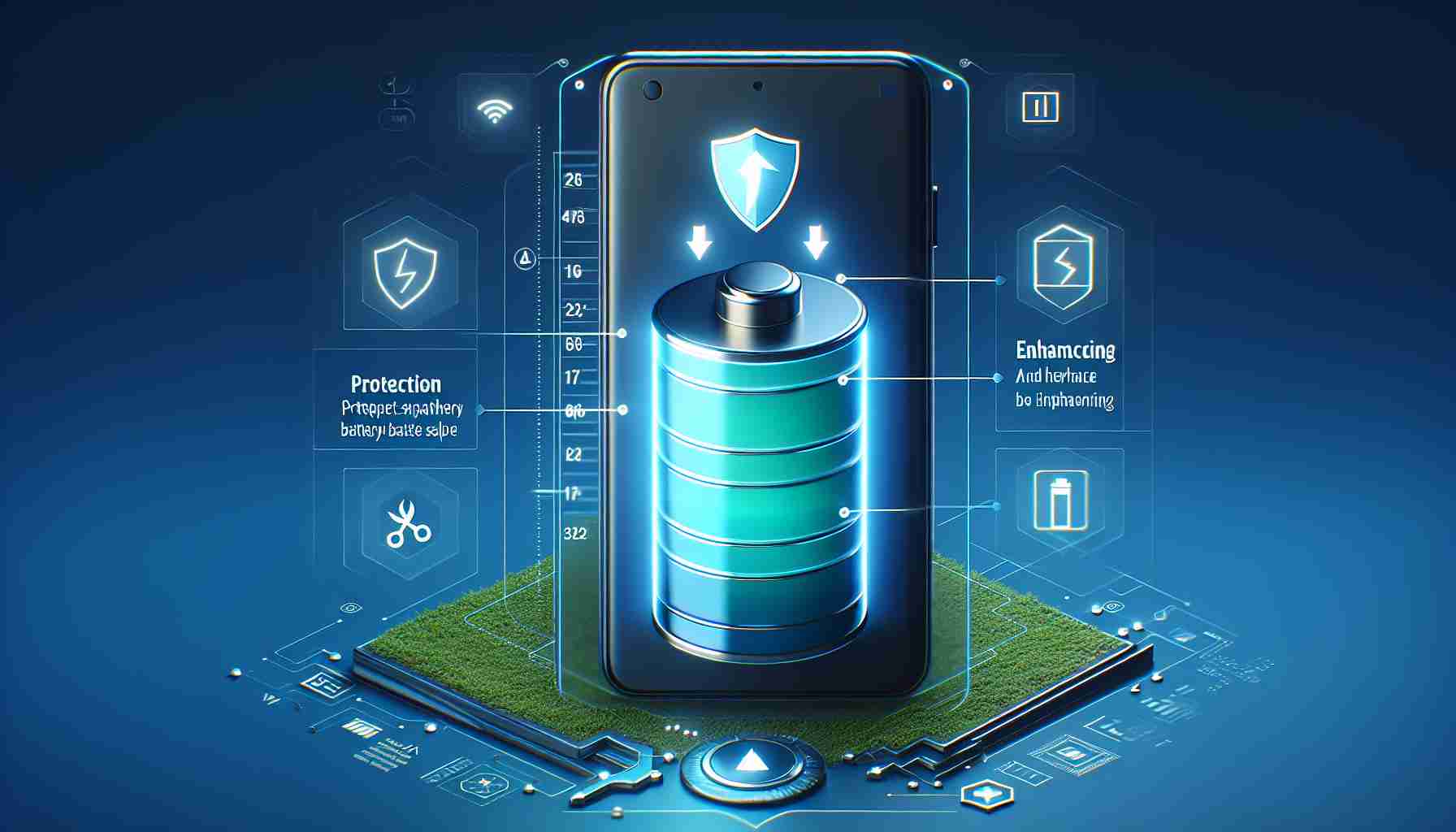Optimal Charging Practices for Longevity
One of the common misconceptions is that leaving your phone plugged in overnight will ensure a fully charged battery by morning without any side effects. In reality, prolonged charging can lead to battery overload, accelerating wear and tear over time.
Advice for Battery Maintenance
Charge your smartphone during the day and unplug it once the battery reaches full capacity. For those who must charge their phones overnight, consider setting a timer to cut the power to prevent overcharging.
Safe Temperatures for Smartphone Use
Exposing your smartphone to extreme temperatures can significantly harm its battery life. High heat, for example, can degrade the battery faster, while intense cold can cause a temporary decrease in battery performance.
Recommendations for Temperature Control
To maintain your battery’s health, keep your smartphone in environments with moderate temperatures. Be cautious not to leave your device in direct sunlight or in very cold places for extended periods.
The Importance of Using Quality Chargers
Low-quality or uncertified chargers can lead to irregular current flow, resulting in suboptimal charging and potential damage to your smartphone’s battery.
Guidance on Charger Selection
Invest in official or reputable brand chargers that are compatible with your smartphone model. This not only ensures the safety of the battery but also safeguards the device itself.
Importance of Regular Software Updates
Smartphone manufacturers often release software updates that can improve battery management and efficiency. Failing to update your phone can result in outdated power optimization, which can negatively impact battery lifespan.
Minimizing Background App Usage
Apps running in the background, even when not in use, can drain battery life. Managing your apps by restricting background activity where possible can preserve battery health.
Reducing Screen Brightness and Timeout
Higher screen brightness and longer screen timeout durations consume more battery power. Adjusting these settings to lower levels when appropriate can extend battery life.
Questions & Answers:
Q: Can overcharging damage your battery?
A: Yes, continuously overcharging can lead to battery wear and reduce its lifespan.
Q: Is it bad to charge your smartphone battery to 100%?
A: Charging to 100% is not inherently bad, but regularly doing so can reduce battery longevity; many experts recommend keeping the charge between 20% and 80%.
Q: Should you fully drain your battery before charging?
A: Modern smartphones use lithium-ion batteries that do not require full depletion before charging, and doing so can actually harm the battery.
Key Challenges:
One of the key challenges is balancing the convenience of having a fully charged phone with the best practices for battery health, which often involve more attentive habits like monitoring charge levels and temperatures.
Controversies:
There is some debate over battery memory effect in smartphones and whether partial charges can reduce a battery’s capacity over time. However, this effect is generally associated with older nickel-cadmium batteries, not the lithium-ion batteries commonly used in smartphones.
Advantages:
Proper battery maintenance can extend the life of your smartphone, potentially reducing electronic waste and saving money on replacements.
Disadvantages:
Diligent battery care may require changes in how users typically charge and utilize their smartphones, which can be inconvenient for some individuals.
For more information on the best practices to enhance your smartphone’s battery life, you can visit the official sites of leading smartphone manufacturers for their specific guidelines:
It is essential to go directly to the main domain and not to unofficial sources to ensure the information’s accuracy and relevance.
